By Colonel Chris J. Krisinger, USAF, ret, USAFA grad
Nine days after the shocking events of July 13 in Butler, Pennsylvania, Kim Cheatle testified before Congress still holding her title as Secret Service Director and still fully in charge of the agency responsible for ensuring the safety and security of the nation’s political leaders.
For her appearance before Congress, she was even defiant in her decision to stay on the job, claiming herself to be “the best person to lead the Secret Service at this time” while stressing the importance of her continuity in leadership to oversee an investigation taking up to 60 days.
Ten days after overseeing her agency’s worst security failure in the past four decades, the attempted assassination of former president Donald Trump, she was able to engineer her own resignation in an email to staff, though likely doing so facing intense bipartisan pressure from Congress.
But why was Director Cheatle not fired? Or anyone else (yet) for that matter? Why was she allowed to resign herself some days after Butler rather than be formally relieved of her duties — i.e., “fired” — by her superior in her executive branch of government chain of command?
The U.S. military most assuredly would have handled such fateful events and conduct much differently.
The military’s reasons for relieving (i.e., “firing”) a unit commander of their duties are often the most foundational and core to the organization’s mission; a Navy ship runs aground, an Air Force aircraft crashes, personnel are injured or killed, a commander’s actions or personal conduct are insubordinate or not conducive to “good order and discipline.”
In short, they are relieved of command for not meeting the indelible highest standards of their professional ethos.
It is a means — albeit stringent — to hold people accountable for their actions, performance, or outcomes and a measure also used to restore whatever institutional confidence, individual responsibilities or organizational standards were damaged.
During this same July period, the commander of a large Air Force group was set to relinquish his command at the end of his tour July 18th but was fired from his role on July 15th by his immediate supervisor “due to a loss in confidence in his ability to lead,” according to an Air Force release on the matter.
Information came to his superior’s attention that caused him to “lose confidence” in the colonel’s ability to lead, which itself raised concerns about maintaining “good order and discipline” within the organization further leading to his firing.
Among the military services, the Navy may best exemplify how the military will not hesitate to fire commanding officers when it determines they have not lived up to its most rigid standards.
In 2023, the Navy relieved a total of fourteen commanding officers due to a “loss of confidence” in their ability to command.
The relief of commanders by senior leaders is a core tenet of military leadership and hierarchy. In all five services, the firing of a commander is infrequent but not unusual.
Events of July 13th are appropriately compared in such light. The agency Kim Cheatle was responsible for spectacularly failed at its most critical mission — to protect one of our nation’s top political leaders. The former president and current candidate was nearly assassinated, another man killed, and two others wounded.
Likewise, responsible superiors in a military officer’s chain of command would also not issue glowing public statements of praise, confidence in their abilities, or gratefulness for public service in the wake of similar events, but that is what Ms. Cheatle’s superiors did.
The Secret Service is subordinate to the Department of Homeland Security, headed by its cabinet secretary, Alejandro Mayorkas. During a White House press briefing after the attempted assassination but prior to her resignation Secretary Mayorkas asserted he had “100 percent confidence” in Cheatle’s ability to do her job, while President Biden praised her long public service and her “answering the call to lead” the agency for his administration.
Instead, such fateful events and outcomes arguably called for prompt consequential actions on the part of her superiors.
Such supervisory actions also reach beyond the single issue of an individual’s accountability. The chain of command’s response to such adverse circumstances can also convey to the larger organization — as well as the American public — whether trust and confidence in leadership at each level are warranted or restored.
Any decision to “fire” personnel in charge of such a critically important and large organization as the Secret Service will be difficult, sensitive, and often political. That’s a given, but to be fired after an incident like July 13th must be the expected professional norm.
As part of their professional ethos, the Secret Service Director along with their subordinate leaders must understand the expectation from their chain of command: they should and will be relieved of their duties — “fired” — if on their watch their organization fails at their preeminent mission. Theirs is also a mission where “failure is not an option.”
Such demanding standards for the Secret Service must come from, be imparted, and upheld by those in executive branch positions of authority appointed over them.
Leadership begins at the top. In the aftermath of July 13th, those standards have — so far — not been upheld.
Colonel Chris J. Krisinger, USAF (Ret) served tours as the military advisor to the Undersecretary of State for Public Diplomacy & Public Affairs and European Bureau at the Department of State. He is a U.S. Air Force Academy graduate, honors graduate of the U.S. Naval War College, as well as a National Defense Fellow at Harvard University. He can be reached at: cjkrisinger@gmail.com.

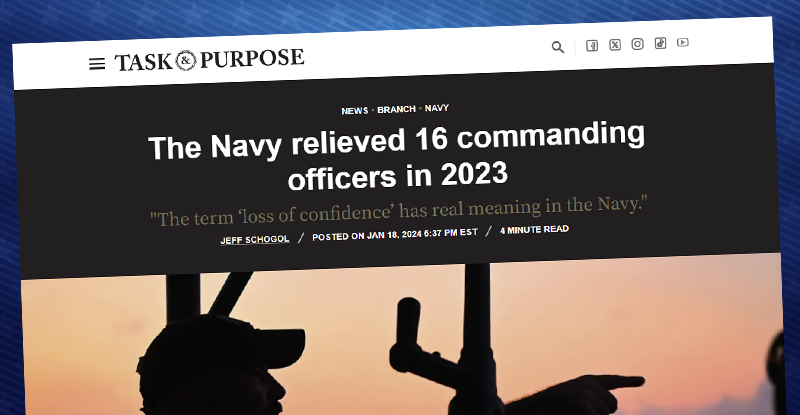

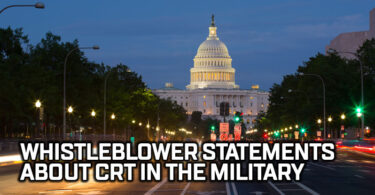
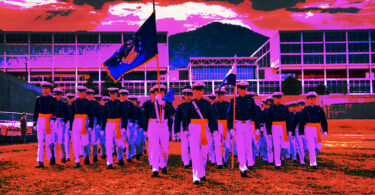
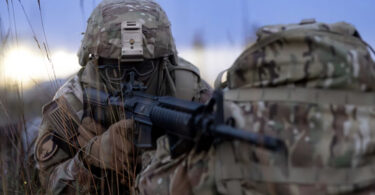

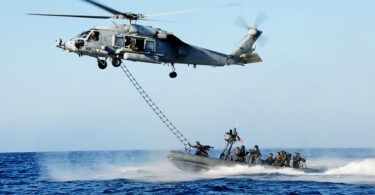
Leave a Comment